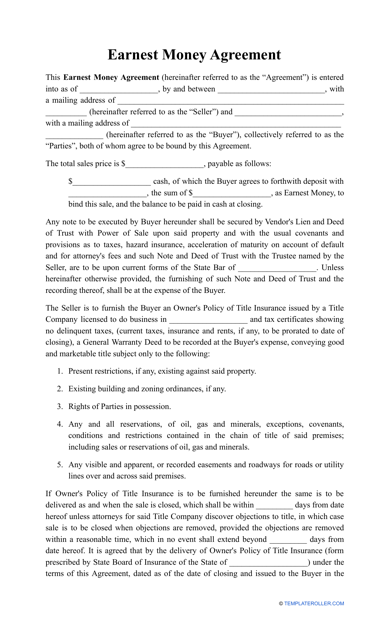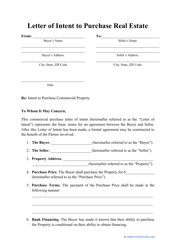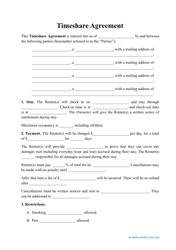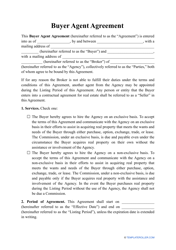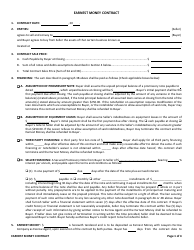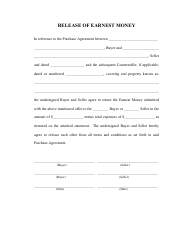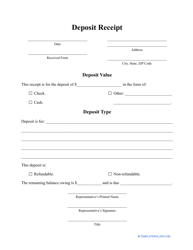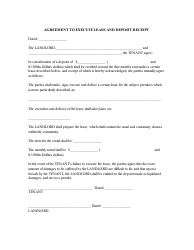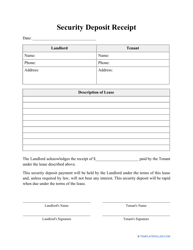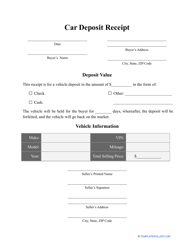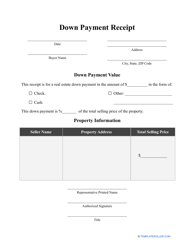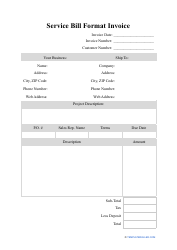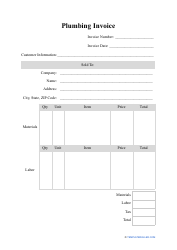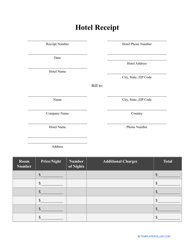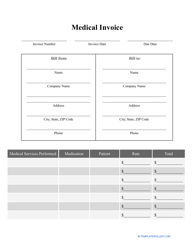Earnest Money Agreement
What Is an Earnest Money Agreement?
An Earnest Money Agreement is a formal document signed between two parties - a seller and a buyer - before they enter into a Sale and Purchase Agreement to transfer ownership of the real estate and to outline the terms of the deposit offered by the buyer. During the negotiations, the purchaser puts their money in the deposit account until the parties are in full agreement regarding the conditions of the property transfer.
Alternate Names:
- Earnest Money Deposit Receipt;
- Earnest Money Deposit.
You can download an Earnest Money Agreement template via the link below.
The amount of the earnest money deposit may vary between one and ten percent of the total sales price - it demonstrates the good faith of the purchaser who is interested in the real estate and gives them a better chance to buy the property since the deposit will remove the house or apartment from the market while the parties are negotiating the transaction. Note that the existence of a deposit does not mean the buyer will buy the real estate in question - they may say no to this deal with or without a proper reason.
How to Write an Earnest Money Agreement?
Follow these steps to draft a simple Earnest Money Agreement:
- Write down the names and addresses of the seller and purchaser . You may add their contact information here or at the end of the document.
- Identify the third party to the agreement - usually, it is a real property brokerage, escrow agent or company, or a title company.
- State the purpose of the agreement - the monetary funds provided by the buyer will be held in a deposit account . Once the parties notify the third party the deal is closed, this amount will go towards the buyer's down payment on the property.
- Determine the deadline for the sale - usually, the parties need no more than six months to finalize the deal.
- List the conditions that must be met to eventually sign the sale and purchase contract . You may record the parties' obligation to conduct a home inspection and appraisal. Decide which party pays for these expenses. If the buyer is not satisfied with the results of the inspection, they may choose to pull out of the deal and find a better option on the real estate market.
- Add the termination clause - it is possible the purchaser will not follow through with the transaction and chooses to take their money back instead, which often happens if the current owner hid the defects of the real estate and they are uncovered during the house inspection. In this case, the seller must return the money. Note that the seller cannot terminate the agreement without a reason - the purchaser then earns the right to sue them for specific performance.
- Sign and date the Earnest Money Agreement Form . Since it is a private contract that leads to a different, more complicated agreement, you are not obliged to bring the documentation to a notary public for their acknowledgment and notary seal.
Not what you were looking for? Check out these related topics:
